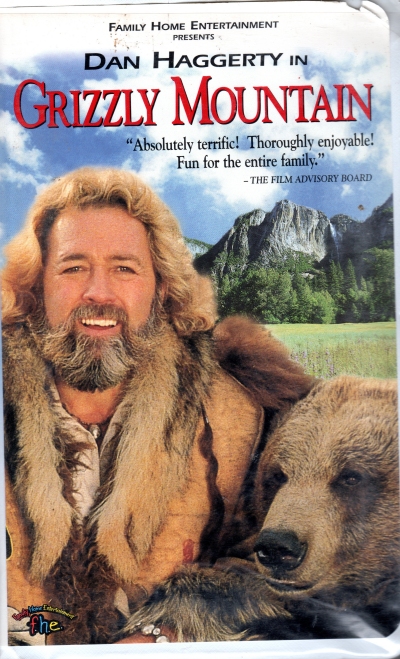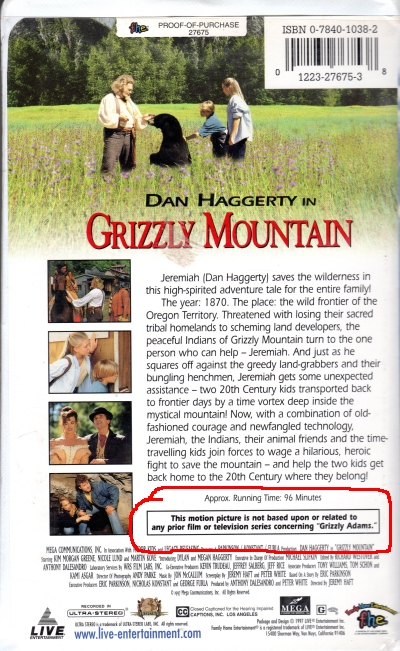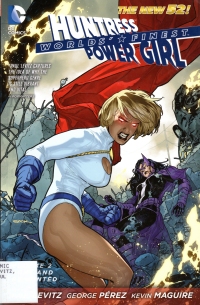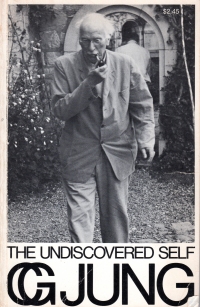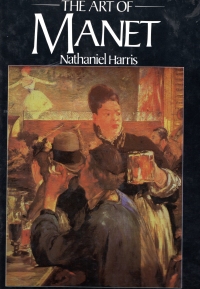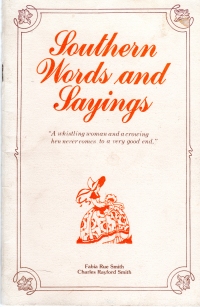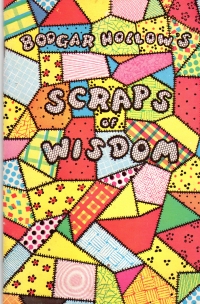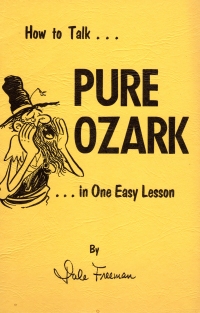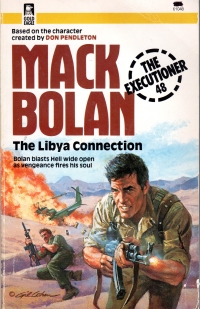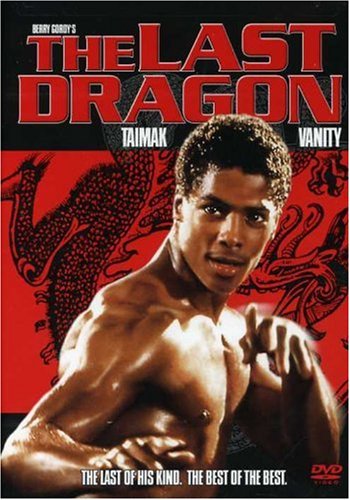 All right, so here’s the story:
All right, so here’s the story:
A couple of months ago, the dojo where I study changed its policy and allowed students who attain a certain rank to wear a red gi and students who attain a higher rank a black gi (I already wear a black gi because I’m in a class that studies weapons and other forms of martial arts, so this policy doesn’t affect me). One of the other students mentioned to me that they reminded him of a film where a bunch of guys in red gis said, “Sho ’nuff” a lot. He wasn’t sure of the film, but I looked it up: The Last Dragon. When I looked it up, the videocassette was available on eBay for like $40. Now it looks like there’s a new 30th anniversary Blu-Ray and on Amazon Prime.
How topical is this? The film was grounds for a newscaster’s firing in St. Louis just a week and a half ago.
So although I didn’t see The Last Dragon, I started picking up old martial arts videocassettes at the local thrift stores and grocery stores. I got a bunch of Bruce Lee films and a couple of Jet Li films, including Romeo Must Die (which I keep calling Romeo Is Bleeding because I must have seen them relatively close together back in the day), Black Mask, and Hero.
So Hero is basically a Chinese propaganda film that reinforces the individual’s place under the government. In the film, Jet Li’s character tells the story of how he defeated three assassins who’d tried to kill the emperor, and he brings their weapons before the emperor. Because he fears assassins, the emperor does not allow strangers closer than a hundred paces to him, but as the Hero tells the story, the emperor bids him to advance until Li is close enough to attack him–he was an assassin all along! But he doesn’t attack the emperor. Instead, he allows himself to be killed because he realizes the emperor is trying to end the civil wars plaguing China by uniting “Our Land” (that’s the English translation; in the original Chinese, it is “Everything Under Heaven”). So there’s some revisioning of the story as the tale goes along. It’s an interesting movie, a bit heavy on the wire-work for my taste, but I learned it’s from an actual incident. The story of Jing Ke.
You see, at the end of the Warring States period, the leader of Qin, one of the aforementioned states, was on the march, conquering his neighbors to re-unite China, but he was under constant assassination attempts. Jing Ke knew he had to do something radical to get close to the future emperor (spoiler alert!), so he went to Fan Wuji, a Qin general who’d fallen out of favor, and convinced him that, in order for Jing to get close to the Qin king, he’d like Fan Wuji to commit suicide so Jing could bring the king Fan’s severed head. And Fan Wuji agreed. That’s some hard core hatred right there.
At any rate, the attempt failed, but as I clicked through on some Wikipedia entries, I realized I didn’t know very much about Chinese history at all. Not that I know much pre-Nation-State history of Europe, as I’m coming to learn, but nothing about China.
So I’ve borrowed a couple of books from the library, and I’ve started to listen to the Great Courses/Teaching Company history of China I bought a couple weeks ago.
Now, I can tell the Tang from the Zhou dynasties, the latter from the former Han, and how a former prisoner guard went on to topple the aforementioned Qin empire after some of his prisoners escaped while under his charge. It’s very interesting, and I’m telling the interesting stories I find to everyone.
As some of you longtime readers know, I go in spurts with the historical reading. The Chinese history has surpassed my recent readings into Roman history, and I’ve so far avoided stuffing my bookshelves with unread volumes on the subject, unlike when I got very interested in Aztec history after reading this book or Mongolian history after reading this book. Of course, that is subject to change.
But I’m enjoying this recent binge based loosely on a reference to a 30-year-old C movie. It’s funny how much of my reading and learning comes from something small like that.




